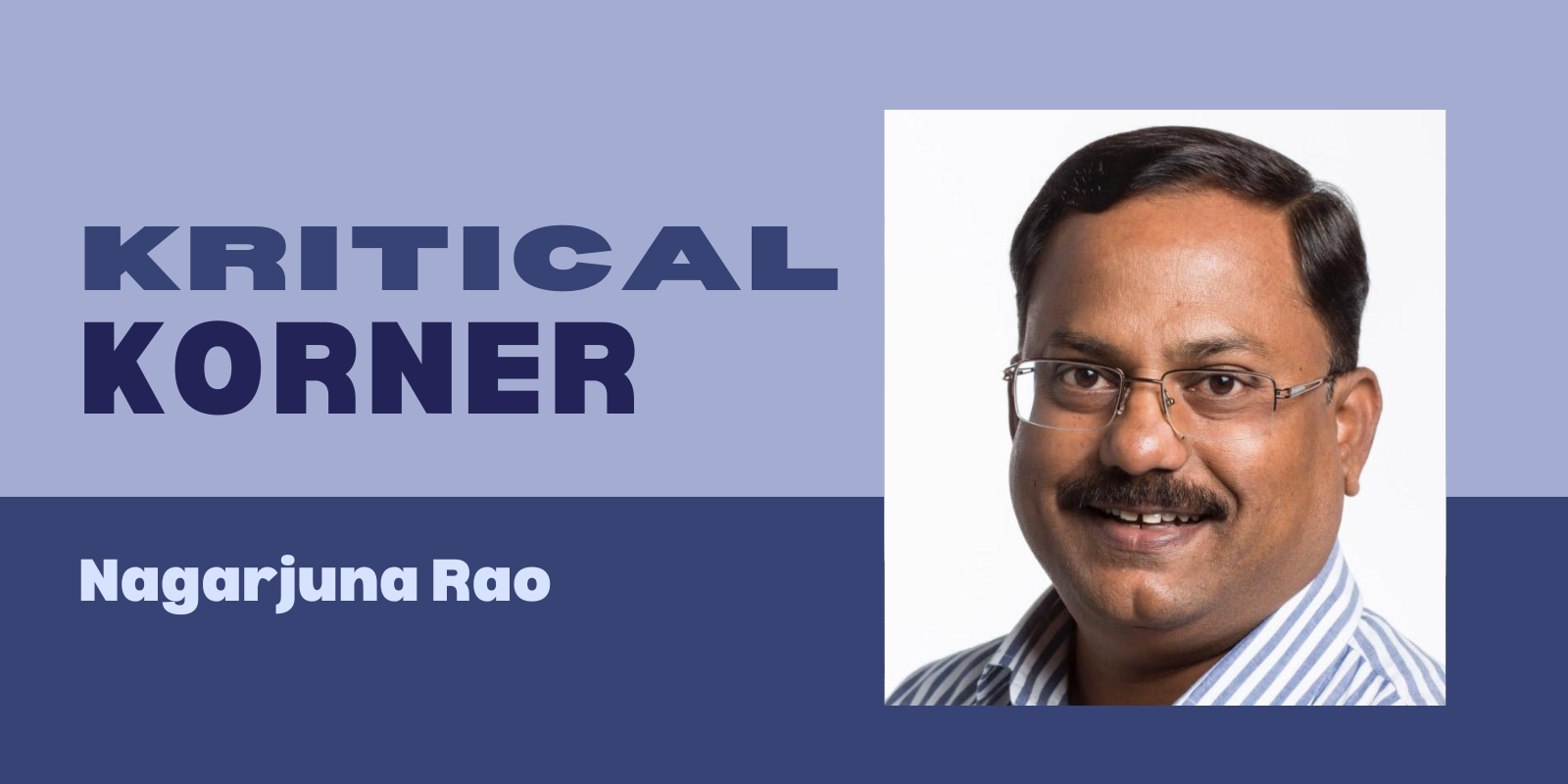How often do we hear grand proclamations about the sanctity of the Constitution and unwavering faith in the judiciary? But as with most virtues in our country, these are selectively practiced – only if they suit one’s convenience. Pose a direct question to these champions of secularism: ‘Does the Constitution come first, or does religion?’ Predictably, silence ensues, followed by a defensive outburst declaring religion supreme.
And if judicial rulings even mildly upset their faith or practices, the judiciary can take a walk. Yet, when targeting the majority community, they are quick to brandish the Constitution and judiciary as ultimate arbiters of justice, a textbook case of ‘hum karein toh sanskaar, aap karein toh gunaah’.
Shiv Ling diggers
Consider the Archaeological Survey of India (ASI) surveys conducted under judicial orders to ascertain whether certain mosques were built atop temples during the Mughal era. Any such move immediately triggers the self-styled secular brigade. In unison, they cry foul, accusing the ‘saffron party’ of scavenging history in search of Shiv Lings or idols under every mosque. Their argument? There are more pressing matters like unemployment, inflation, and poverty – issues they suddenly remember when uncomfortable truths about the past emerge. Never mind that they have no such urgency when advocating for niche causes that align with their worldview.

The irony is hard to miss. How do these liberals and secularists respond when claims of historical wrongs committed against Hindus are supported by evidence? They either dismiss it outright or ridicule it, yet they champion ‘restorative justice’ when it comes to other issues, no matter how distant in history. Historical wounds are only worth addressing when they don’t involve the majority community.
Peaceful intolerance
These ‘liberal’ voices remain conspicuously silent when Hindus demand what was rightfully theirs. Their sudden resurgence, however, is marked by a flood of buzzwords – peace, tolerance, and harmony. But scratch the surface, and these calls for dialogue often carry undertones of intimidation. It is not mere rhetoric; it is a veiled incitement cloaked as high-minded virtue.
The hypocrisy doesn’t stop there. When a mob desecrates temples or mocks Hindu deities, it is conveniently brushed aside as ‘freedom of expression’. But flip the script, and any perceived slight to their faith becomes an unpardonable offence. Indians, thankfully, have woken up to these double standards, recognising the dangers of division encapsulated in ‘Ek hai toh safe hai’, and ‘Batenge toh katenge’.
Fair norms
It is time we demanded equal application of blasphemy norms. No religion or group should have exclusive rights to outrage or retribution. Desecrating places of worship or mocking religious figures should invite universal condemnation, irrespective of the faith involved. The gruesome beheading of the Gujarat tailor is a chilling reminder of what happens when blasphemy is monopolised by a single community.




